Last month we reached our third year of the FAIRsharing Community Champions Programme. Please grab a beverage of your choice and join us in spending the next 3-4 minutes celebrating the efforts of these fantastic people!
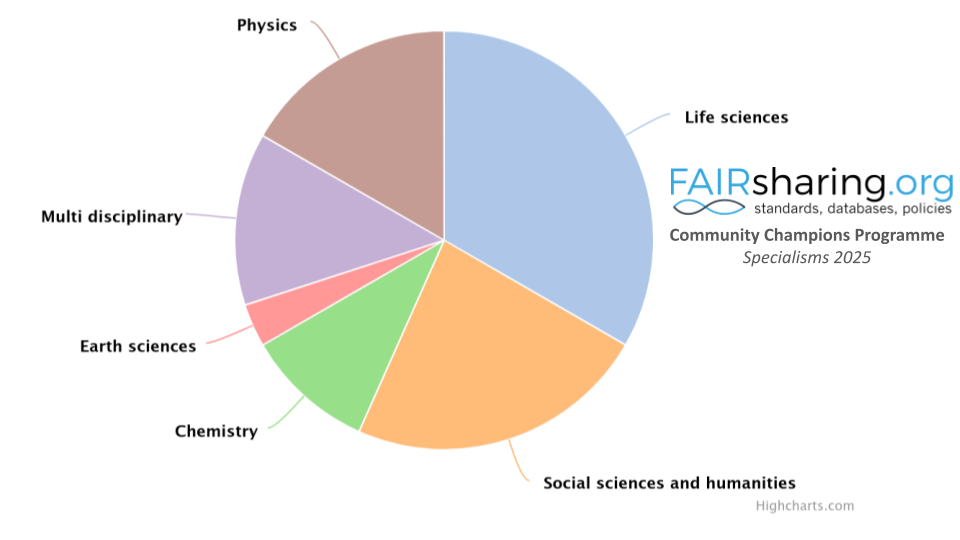
There are 30 active Champions in 2025, bringing overall participation in the Programme since June 2022 to a fantastic 47.
Since the beginning of the FAIRsharing Community Champions Programme, our 47 Champions have made nearly 10,000 edits, created over 200 records and updated nearly 1500 records!
Whether our Champions joined with a specific task in mind or just to gain a better understanding of the FAIR-enabling resources within their research area, each one has provided something unique to their community and to FAIRsharing. If you are interested in hard numbers, please check our our 2024 year in review blog post. In this post, we’d like to focus on a small selection of the many ways in which our Champions have engaged with FAIRsharing over the last few months.
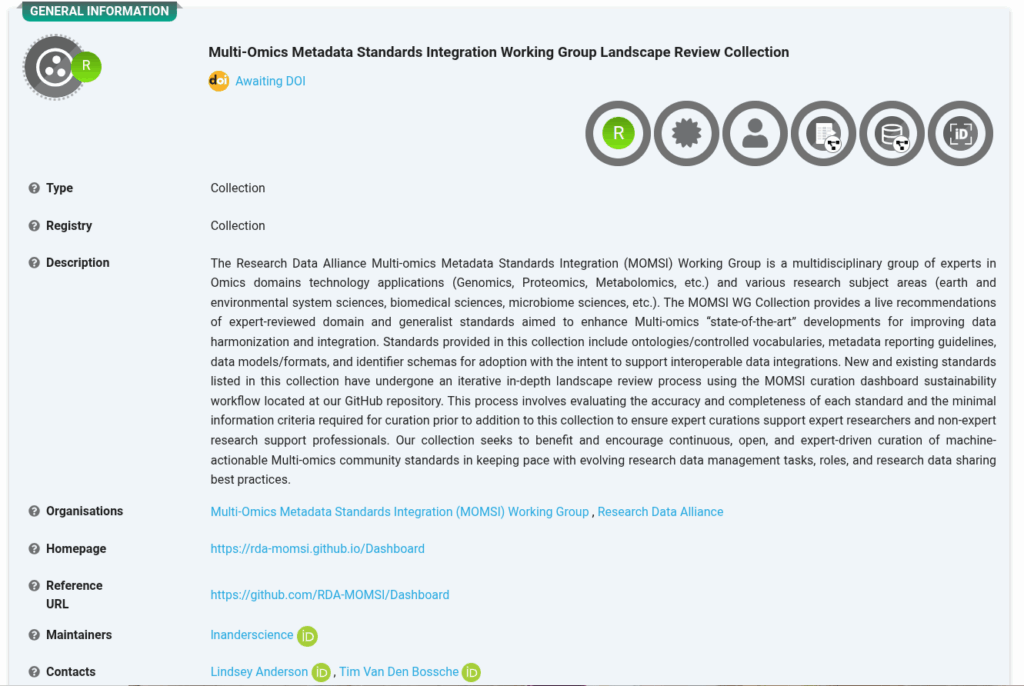
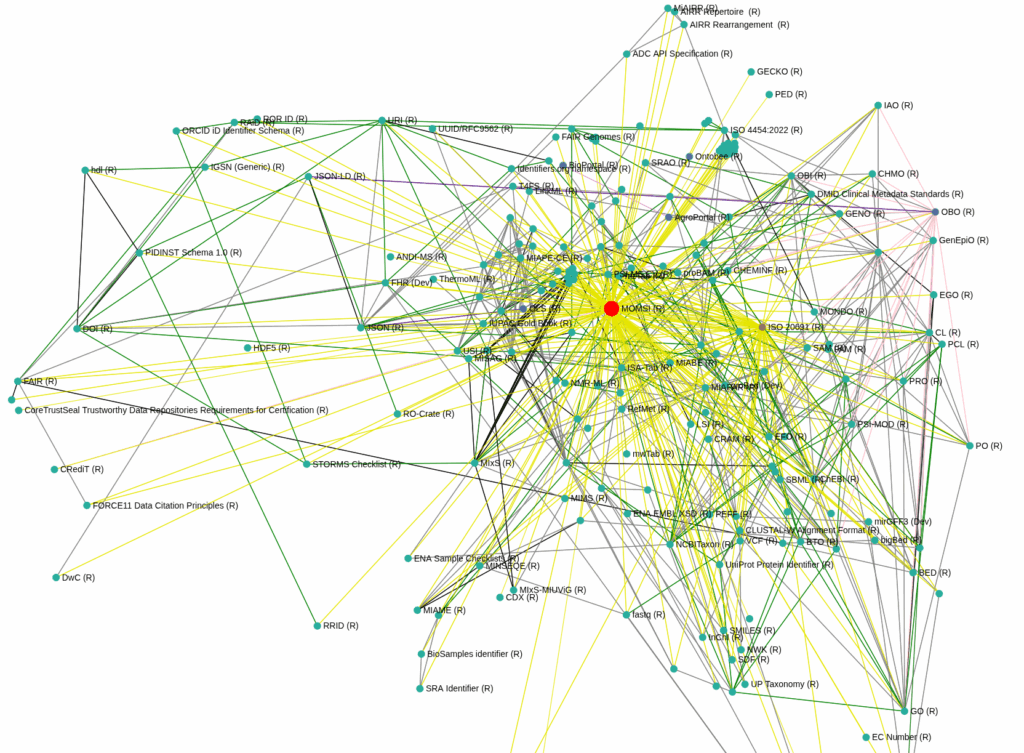
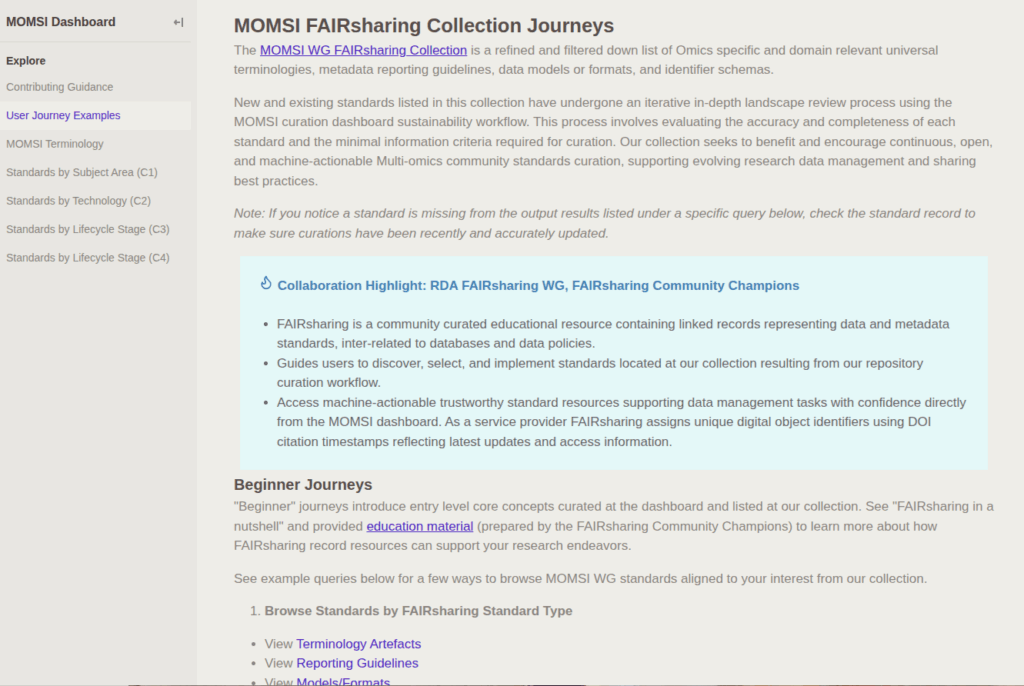
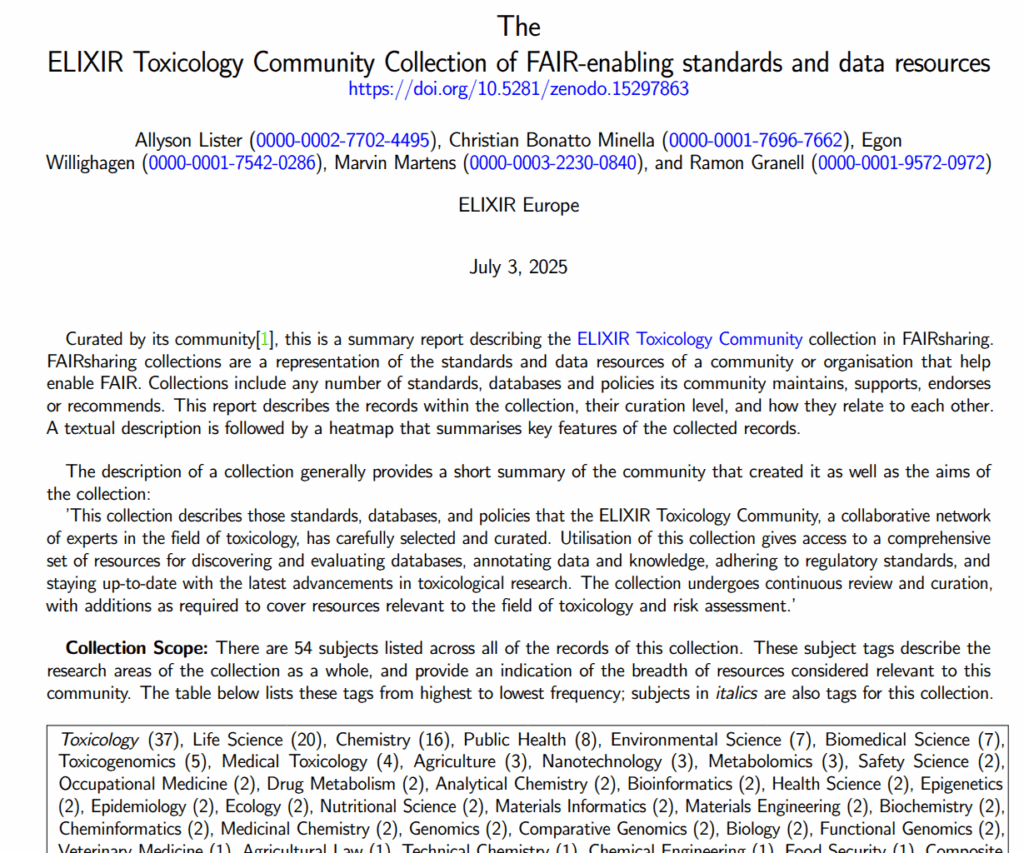
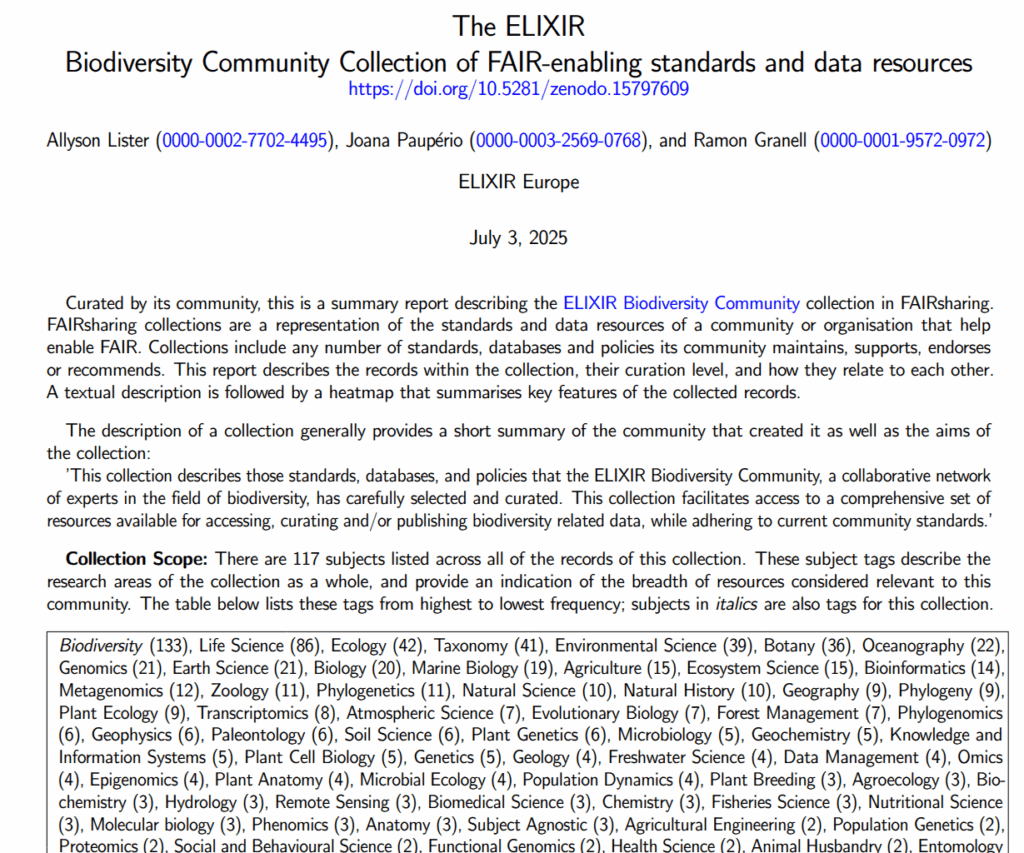
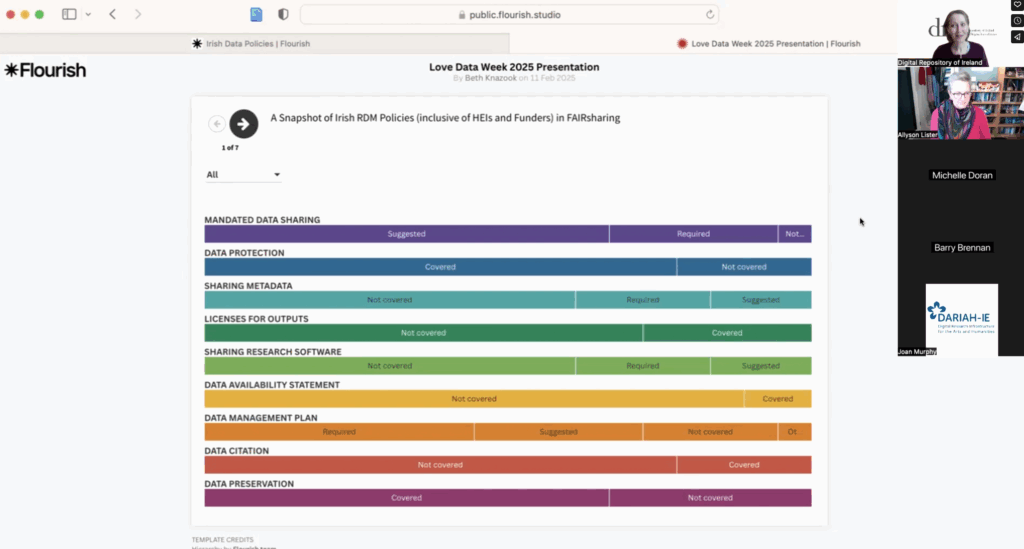
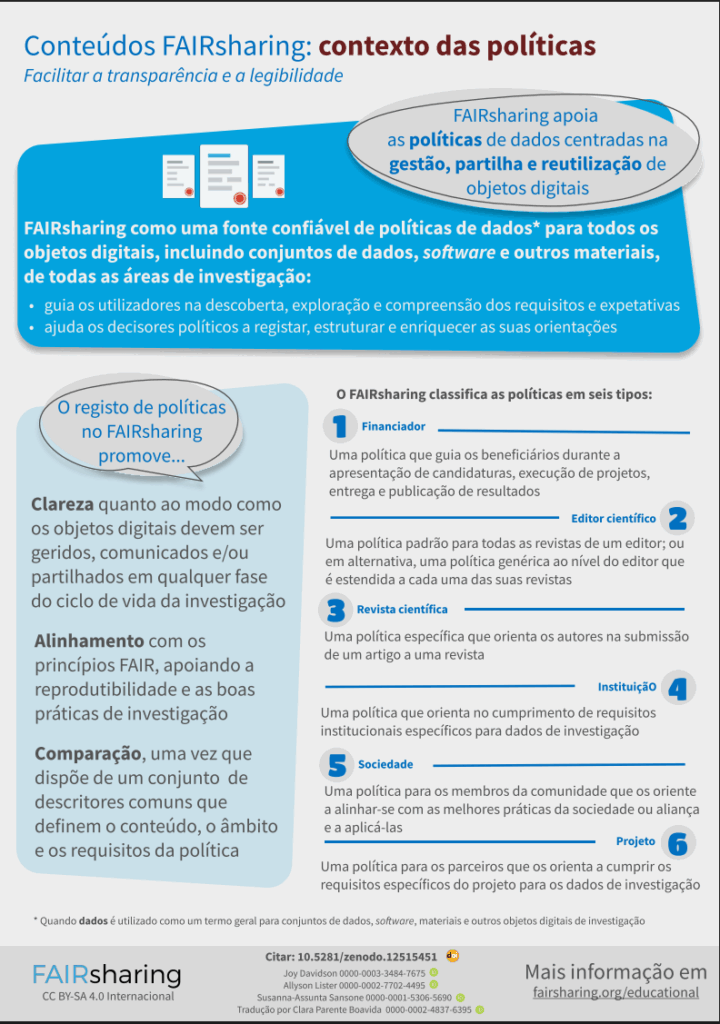
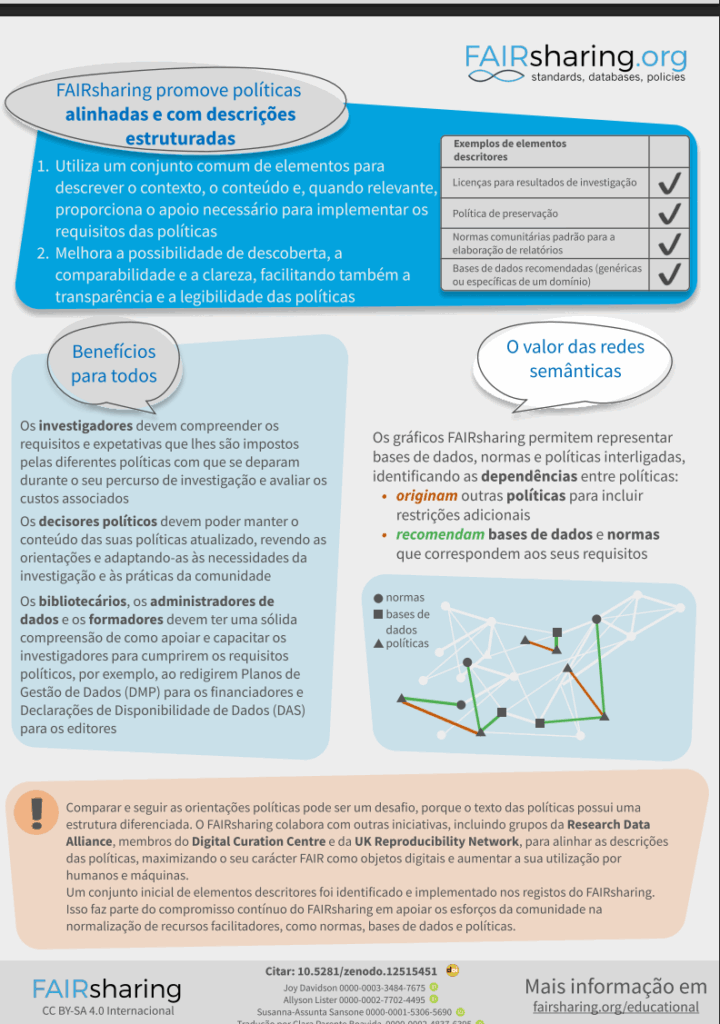
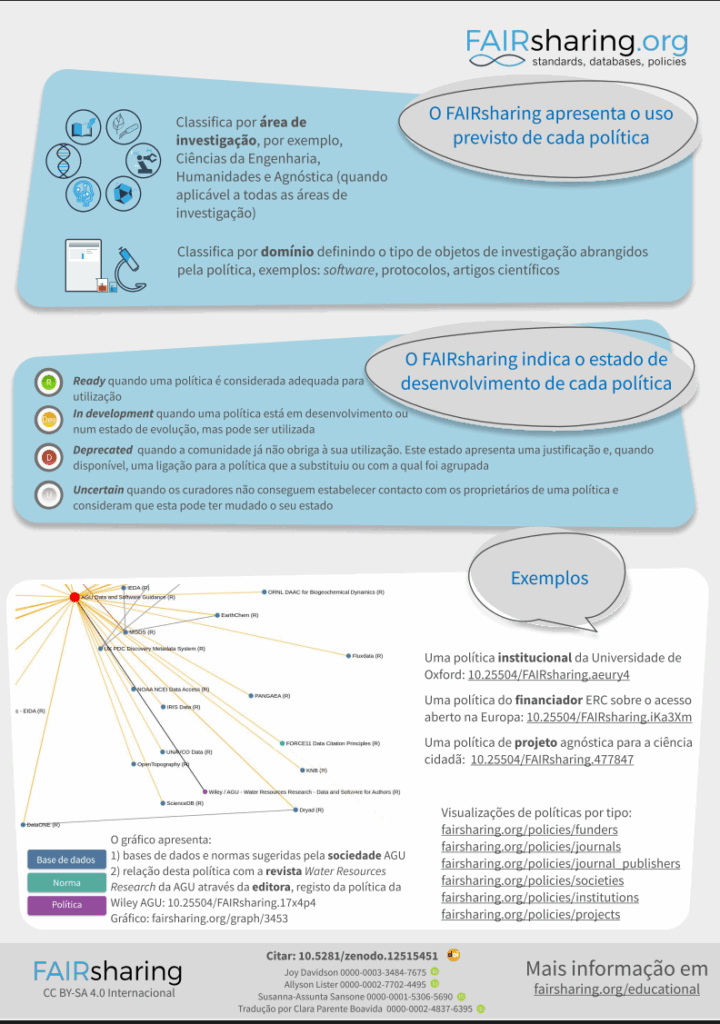
- Lindsey Anderson, Champion and co-chair of the RDA MOMSI WG. With nearly 200 resources curated from across all omics areas, the RDA MOMSI working group has created a FAIRsharing collection as one of their outputs. You can find out more in the MOMSI User Journeys page, and also in this RDA news item describing the MOMSI Dashboard. The curation that Lindsey and the WG have done to achieve this remarkable output is wide ranging and has greatly enhanced the Omics provision within FAIRsharing.
- David Tomkins joined the FAIRsharing Team for 3 months earlier this year to provide targeted curation across the the database and standard registries within FAIRsharing. Within our database records, he reviewed and updated curation on persistent identifier schemas. Within both the database and standards registries, he provided brand-new curation on our new object type field. Over the next few weeks, this curation will be merged with our production database.
- Christian Bonatto Minella has been working with the ELIXIR Toxicology Community to update and improve their collection and all of the resources listed within it. As a result, FAIRsharing has begun the creation of a new narrative report that can be automatically generated from any collection. The report for the Toxicology collection is the first to be published on Zenodo. Bonatto Minella, C., Willighagen, E., Martens, M., Lister, A., & Granell, R. (2025, July 3). The ELIXIR Toxicology Community Collection of FAIR-enabling standards and data resources. Zenodo. https://doi.org/10.5281/zenodo.15799783
- Joana Pauperio has joined from the ELIXIR Biodiversity Community and has coordinated the efforts from her community to create a new Biodiversity collection and associated narrative report. Paupério, J., Lister, A., & Granell, R. (2025, July 3). The ELIXIR Biodiversity Community Collection of FAIR-enabling standards and data resources. Zenodo. https://doi.org/10.5281/zenodo.15797609
- Federico Bianchini is one of the ELIXIR RDM Community Champions, and has coordinated greater integration between RDMkit and FAIRsharing.
- Beth Knazook has made around 100 edits since the last Champions blog post, chiefly on (but not limited to) Irish data policies. As a result, Beth presented a landscape analysis of Irish policy attributes as part of last February’s Love Data Week (recording).
- Francis Crawley, as a co-chair of the UNESCO-CODATA Working Group on Data Policies for Times of Crisis Facilitated by Open Science, has announced the publication of the first set of three outputs of the working group. These outputs are extensions of the UNESCO Open Science Toolkit and comprise a factsheet, guidance document and checklist.
- Clara Boavida has not only contributed a large amount of curation for data policies generally, and Portuguese-language-based policies specifically, has also provided the first translation of one of our factsheets. She has translated our Policies Overview factsheet into Portuguese. We welcome any member of the community who might like to provide similar translations in their own language(s). Lister, A., Davidson, J., & Sansone, S.-A. (2024, June 24). FAIRsharing content: policies overview. Zenodo. https://doi.org/10.5281/zenodo.12515451
- Renaud Duyme, Baptiste Cecconi, Romain David have been contributing to FAIRsharing’s alignment with the the OSTrails Assessment Interoperability Framework in a variety of ways. They have provided curation within their domains, contributed to the FAIRsharing subject terminology, and begun the work of developing new Metrics and Benchmarks within our in-development FAIRassist registry.
- Laurence Brown, Jason Partridge, Tim Gamble-Turner, Alex Rooney, Timothee Aubourg, Catherine Conisbee, Mark McKerracher, David Tomkins are our Oxford representatives in the Champion programme. Find out about their involvement with FAIRsharing in our recent blog post.
The FAIRsharing Community Champions Programme is a thriving community of domain and discipline experts who choose to focus their efforts into one or more of the three programme activities:
- enrich the content of FAIRsharing, adding and enhancing the description and discoverability of these resources. Attribution for these efforts is visible both in their user profile pages (such as those linked above) and annually on their ORCID profiles.
- create educational material describing these resources helping researchers and other stakeholders to find, use and adopt them. You can find all of our current educational material (together with which of our Champions have co-authored them) in our Educational pages.
- act as advocates to promote the value of standards, databases and policies for digital objects (incl. data, software). This has been clear through the outreach our Champions have done within EOSC, RDA and other international projects as well as internally, providing training and guidance within Champions’ institutions.
Join us!
Are you an expert in the standards, databases and policies relevant to your research domain? Are you looking to expand your professional network and promote your community, ensuring that the resources within your community are findable, accessible, and exposed to data management tools, knowledge graphs and other research software? We are looking for balanced representation across all disciplines. As a FAIRsharing Community Champion, you can help us help your community be more accurately and comprehensively represented with us. And in return, we have a lot to offer you.
- Recognition both within the FAIRsharing website and on your ORCID profile: full details are in the Attribution section of our “About Community Curation” page.
- Professional development – extend your professional network and gain curation expertise
- Empowerment – Being a community champion can help empower you in your professional role, broadening your perspectives within your subject area, and positioning you as an expert in the ecosystem of standards, databases and policies within your research domain.
- Influence – your opinion will direct the future development of FAIRsharing and its educational and training component.
There are always interesting aspects of FAIRsharing to learn about and contribute to, and we are always happy to entertain applications for new Champions. To learn more about the programme, as well as how to apply, see our dedicated Gitbook page on joining the champions programme.